MCT oil is a supplement that has been gaining in popularity in recent years, especially among athletes and those looking to maintain an active and healthy lifestyle.
MCT is an acronym for Medium Chain Triglycerides. Due to its high MCT content, coconut oil has been utilized in many fitness programs as a great source of this useful supplement.

What is MCT Oil?
MCT oil is drawn from coconut oil. More than half of the fat content that’s in coconut oil is from MCTs. These types of fats are also commonly found in palm oil and foods containing dairy. Because of the shorter length of the fatty acids, MCTs are easily digested, unlike other foods that may have longer chains.
Four different kinds of MCTs exist, but capric and caprylic are two of the most common that are found in MCT oil supplements. Different types of oils have their unique benefits.
What are the Benefits of MCT Oil?
6 Benefits of MCT Oil
1. MCT oil may improve blood sugar levels.
This could help patients who suffer from diabetes. MCTs have been shown to increase fat burning and the reduction of fat storage which could also help manage the symptoms of diabetes.
2. MCT may help athletes use fat for energy and reduce lactate buildup.
Rising levels of lactate during exercise can harm an athlete’s performance. MCTs can assist in the reduction of lactate buildup during a workout. Taking MCTs before exercising can help the body use more fat instead of carbohydrates for energy.
3. MCTs can be a good source of energy.
Because of their medium length, MCTs are absorbed by the body faster than long-chain triglycerides. Long chain triglycerides (LCTs) contain more carbons in their fatty acid chains. Because of the shorter fatty acid chain length found in MCTs, they can get from the stomach to the liver faster, and don’t require any bile to break down. Fats are broken down into either fuel or stored as fat in the liver. Because MCTs can enter the body’s cells without breaking down, they can be immediately utilized as a source of energy.
4. MCT oil contains fatty acids that may combat bacterial growth and yeast.
They’ve been shown to display antifungal and antimicrobial effects. MCTs can be found in coconut oil and have been shown to reduce the growth of certain yeasts (like Candida albicans) that can cause numerous skin infections and thrush. Coconut oil contains capric, caprylic and lauric acid in its MCTs, so this may improve its ability to reduce bacterial growth and yeast.
5. MCT oil may promote weight loss.
It increases the release of two key hormones (leptin and peptide YY) that can create the sensation of feeling full. If a small amount is consumed at breakfast it may create a feeling of fullness that could cause the user to consume less food at lunch. This could assist in balancing a proper diet and help prevent obesity (activity levels and calorie intake must also be taken into account). MCTs have fewer calories than long-chain triglycerides which can be found in foods like avocados, nuts and olives. MCTs can also aid in ketosis which is present in a low carbohydrate/high-fat diet. They could help the body burn fat longer and optimize the growth of good bacteria in the gut. This in turn can assist in weight loss.
6. MCTs may diminish the risk of heart disease.
By assisting with overall weight loss, MCTs may reduce the risk of high cholesterol, inflammation, high blood pressure, and body mass index. By using MCT oil, high cholesterol levels may be reduced more than if olive oil was being used. It can also assist in the production of heart-protective cholesterol (HDL), which is good for the circulatory system. It can also diminish C-reactive protein (CRP) which is an inflammatory marker that can increase the risk of heart problems.
Frequently Asked Questions about MCT Oil

Should you put MCT Oil into Coffee?
Placing MCT oil in coffee can create a powerful energy drink that can promote focus and performance as well as health benefits. You can start by putting just a teaspoon in the cup, and increase over time. By adding MCT oil or powder to coffee you may experience weight loss, enhanced cognitive abilities, improved satiety, and reduced risk of heart disease.
What's the difference between MCT oil and coconut oil?
MCT Oil and coconut oil are similar but there are different levels of MCT molecules that both contain.
MCT oil contains 100% MCTs, which makes it a concentrated source. By refining palm or coconut oil, certain compounds are removed and the MCTs are more prevalent. MCT oils normally contain 20-50% caproic acid and 50-80% caprylic acid.
Coconut oil is made from copra which is the meat, or kernel in a coconut. This is the richest source of MCTs. They make up around 54% of the fat in the kernel. Coconut oil contains MCTs. Five percent is capric acid, 7% is caprylic acid, and 42% is lauric acid.
So overall, MCT oil is absorbed by the body faster than coconut oil because coconut oil contains LCTs and unsaturated fats. Coconut oil can’t be considered to be rich in MCT oil because of its high content of auric acid.
The bottom line is that MCT oil is a concentrated source of MCTs and contains nearly twice the amount that coconut oil contains.
Can you consume MCT oil while fasting?
If you’d like to use MCT oil while fasting, start with a small dose (one teaspoon) prior to fasting. The MCT oil should provide the fat calories to help you feel full during the fasting period. MCT oil comes in the form of pills, powder or oil. The oil can be a little messy, so pills or powders are preferred by many people.
Can you eat MCT oil on a Keto diet?
The key factor here is to get as many nutrients as you can through food consumption and make up for any shortfalls by taking a supplement. MCT oil is a good supplement for the keto diet. It's a great form of saturated fat and will elevate blood ketone levels. It travels quickly to the liver which promotes the desired ketone production. It’s a great way to enhance the ketosis process and give you a burst of energy.
What should you look for in an MCT oil supplement?
There are four different kinds of MCTs. They are capric, caprylic, lauric and caproic acid. The first two are the most commonly used MCT oils. These have eight and ten carbon atoms. This is why they’re called C8 and C10 MCT.
When you’re looking for the right MCT oil supplement, you’ll notice that most are made from a combination of these two as well as other types. But if you see a phrase like, “Clean C8 MCT oil” on the label, that means it only contains that kind of MCT. C8 MCT oil is the fastest to be converted into fuel in the body. C10 takes a bit longer and lauric acid is the longest.
Recommended MCT Oil Products





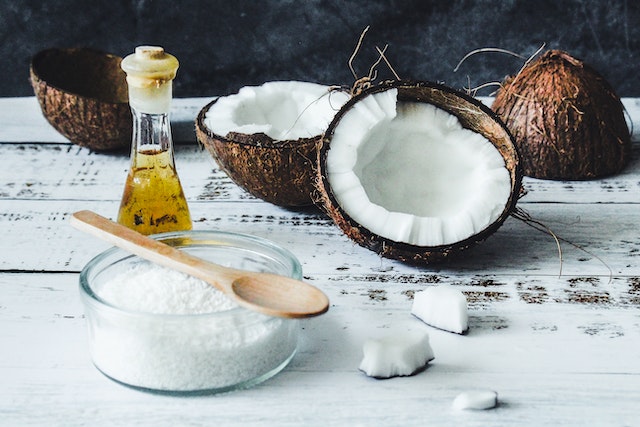


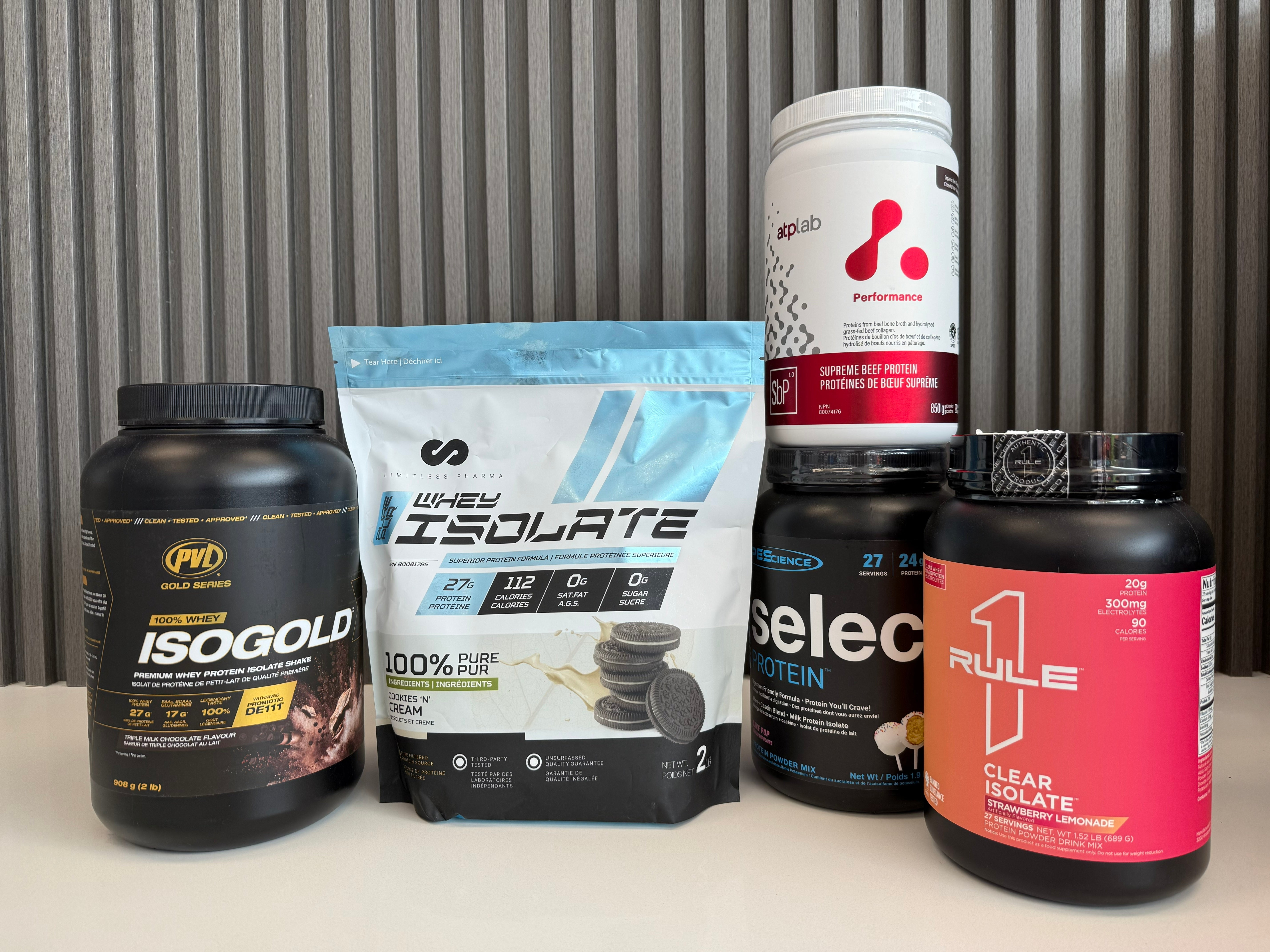
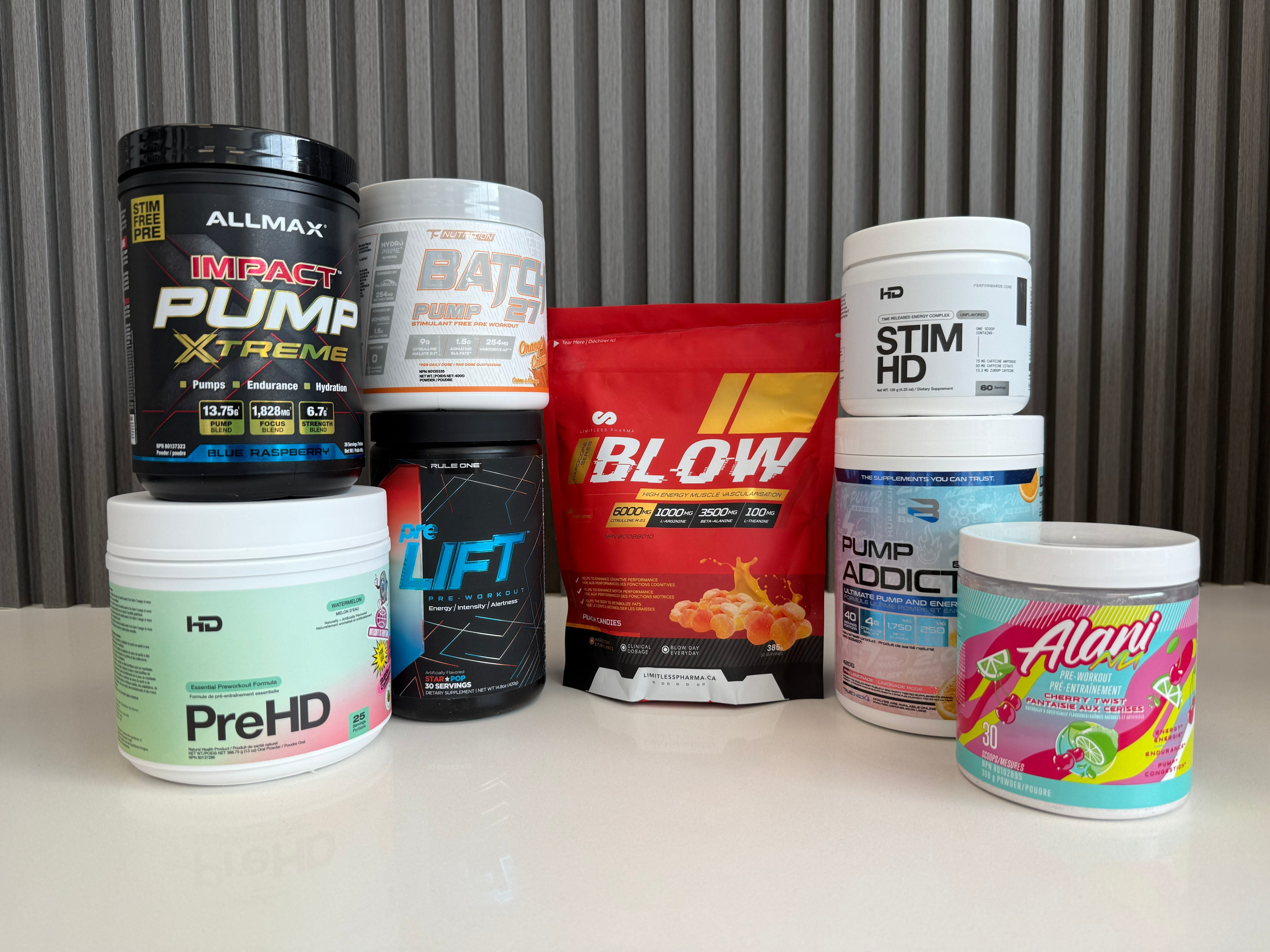
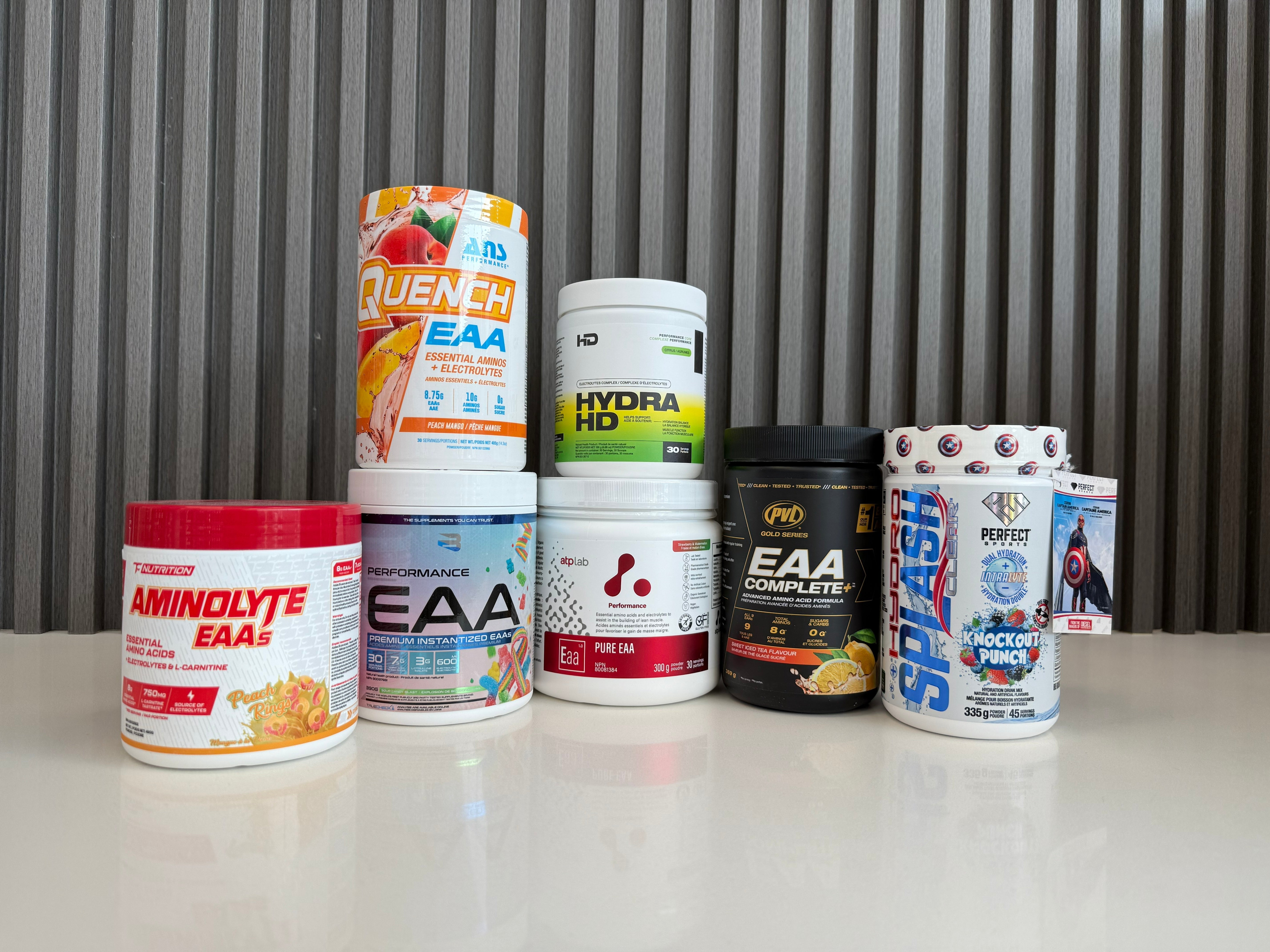
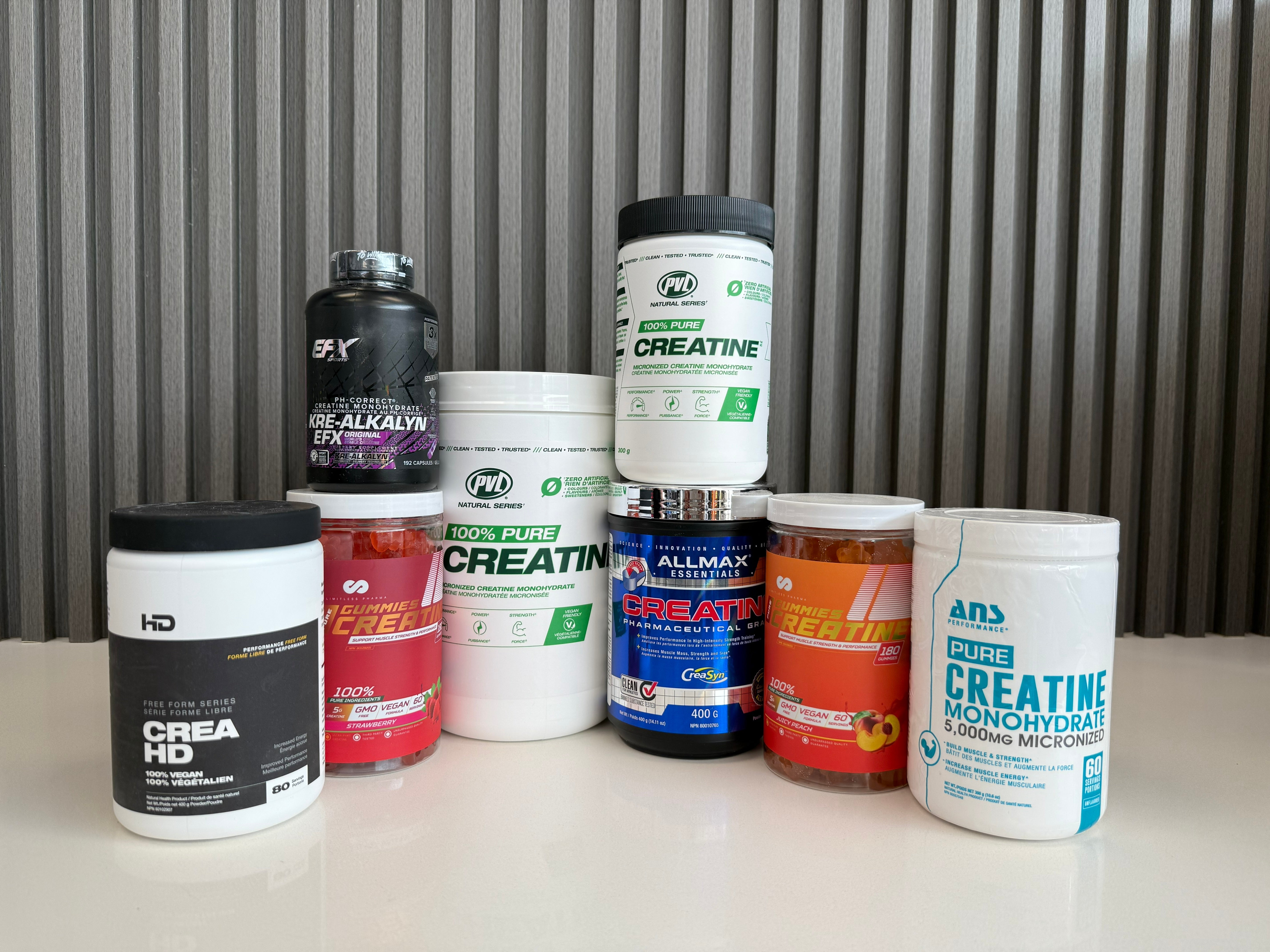
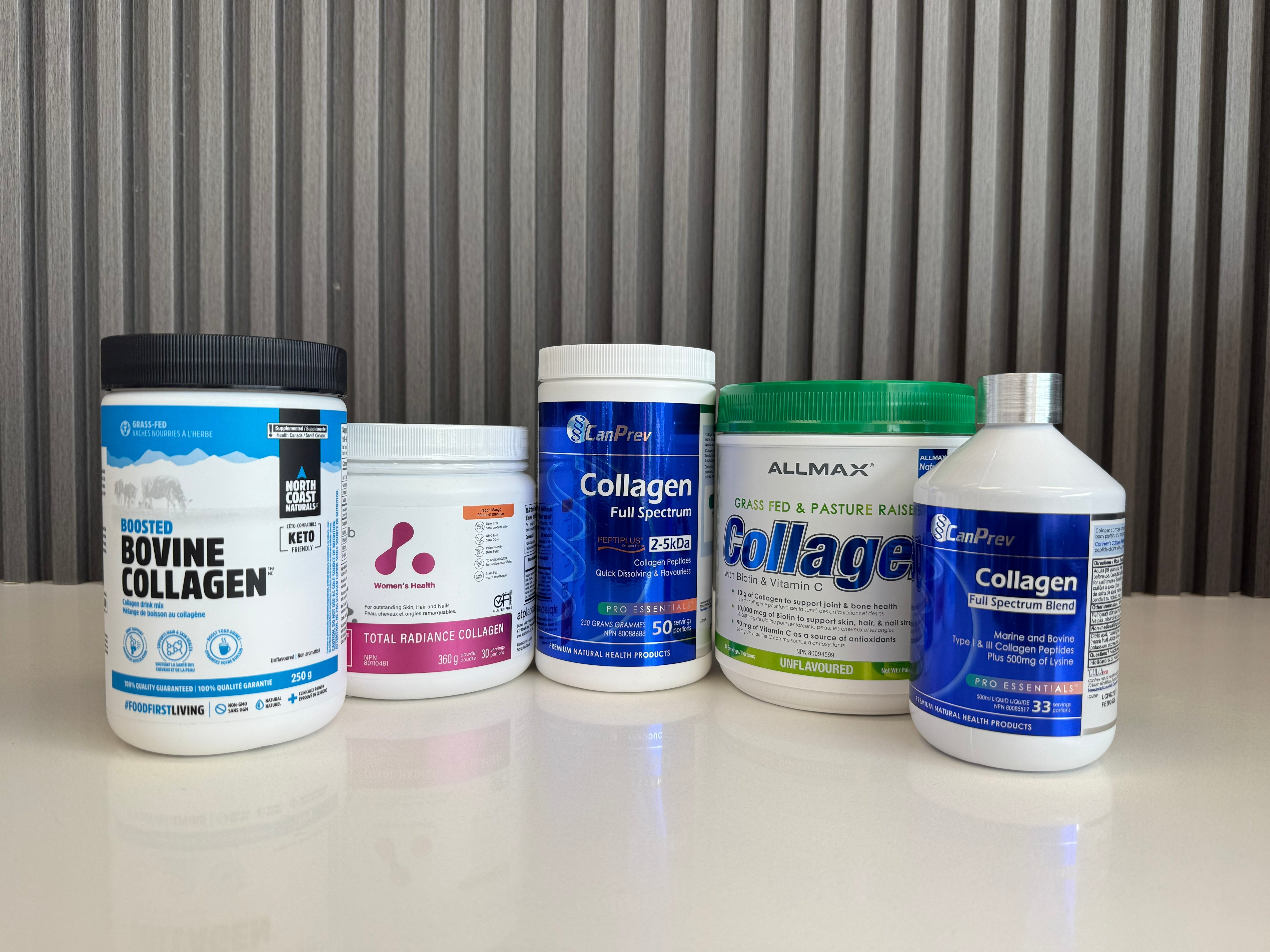
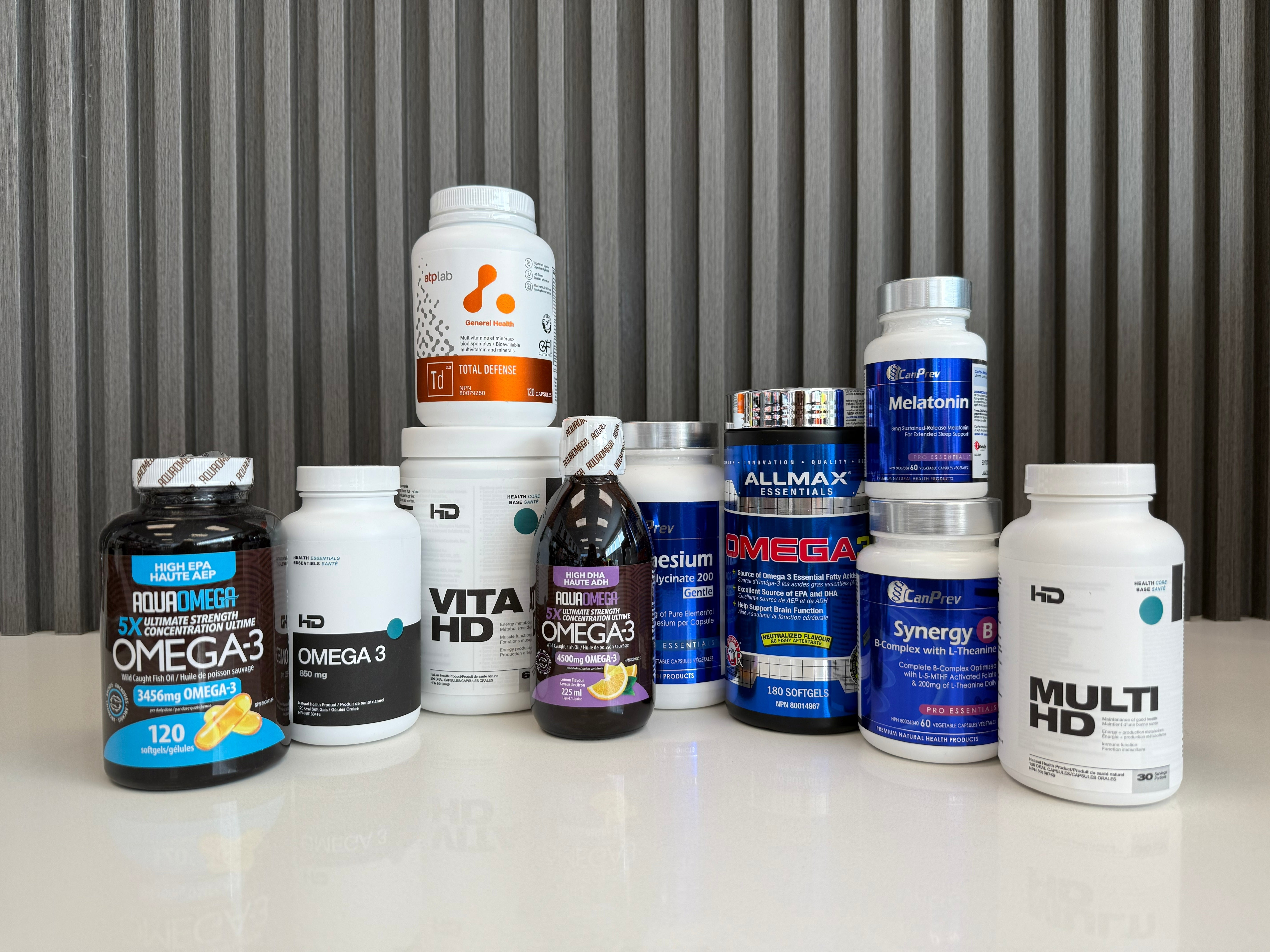
Leave a comment
All comments are moderated before being published.
This site is protected by hCaptcha and the hCaptcha Privacy Policy and Terms of Service apply.